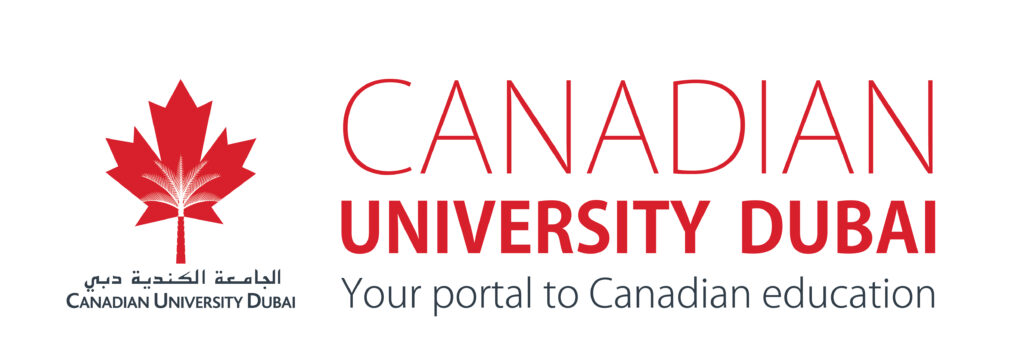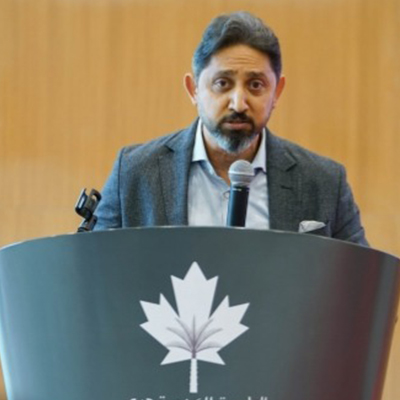

Dr. Haythem El-Messiry
Program Director Master of AI and Associate Professor, Canadian University Dubai
“Dr. Haythem El-Messiry serves as the Program Director for the Master of Science in Artificial Intelligence at Canadian University Dubai. His dynamic research is highlighted by many publications in prestigious international journals and conferences focused on computer vision. Dr. El-Messiry also significantly impacts the industry by overseeing various influential grant projects involving intelligent system solutions, DNA profiling systems, and biomedical applications.”
Volume Electron Microscopy (VEM) is at the forefront of 3D structural analysis of biological cells and tissues, essential for understanding the complexities of life. Evolved from traditional 2D microscopy, VEM offers high resolution imaging at nanometer scales, capable of detailing 3D cellular structures and tissues. Recognized by Nature as a leading technology to watch in 2023, VEM utilizes ultra-high-resolution scanning and transmission electron microscopy. It provides continuous nanoscale imaging of biological tissues, bridging the gap between cellular and tissue biology. This positions VEM as a crucial tool in health and life sciences, aiding in disease mechanism understanding, drug discovery, and developmental biology by offering high-resolution 3D reconstructions.
VEM reconstructs isotropic 3D structures through continuous slicing and 2D image stitching, allowing for detailed views of cell bodies and organelles. However, challenges remain in image stitching, alignment, anisotropy correction, and automated segmentation, which are crucial for processing large and complex datasets. To overcome these, the project aims to harness advanced AI techniques, enhancing VEM data accuracy by reducing noise and improving resolution. The development focuses on high-precision image stitching frameworks to manage global and local image transformations and improve 3D alignment using deep learning to repair slice damage. Additionally, self-supervised algorithms for 3D reconstruction, alongside large pre-trained models for segmentation, are targeted to enhance generalization and efficiency, tackling the limitations of traditional methods. These advancements intend to break down current barriers in VEM technology, enriching our understanding of intricate biological systems. The initiative will bolster Dubai's research and innovation ecosystem by democratizing access to advanced imaging tools, reinforcing its status as a global leader in health and life sciences, and fostering local expertise and innovation in these cutting-edge fields.